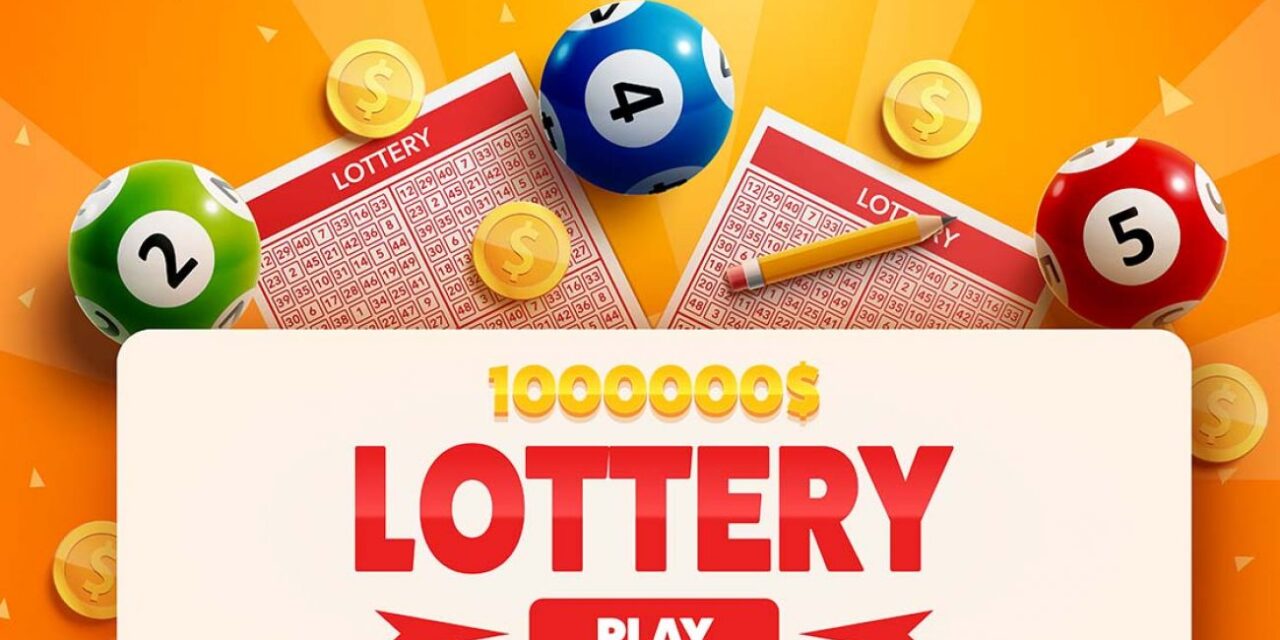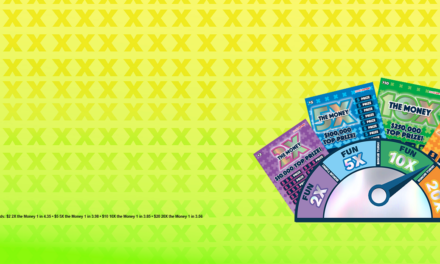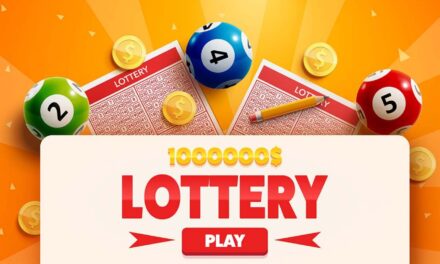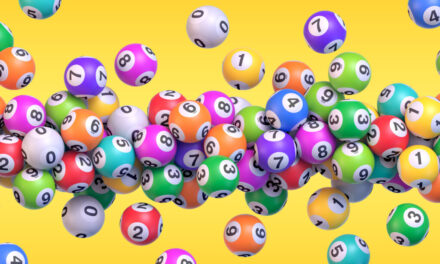If you’ve ever bought a lottery ticket, you’ve probably dreamed of hitting the jackpot. Who wouldn’t want to turn a small investment into millions overnight? But how realistic is that dream? Let’s break it down and see what your actual chances are when it comes to winning the lottery.
How the Lottery Works
Lotteries typically involve picking a set of numbers from a larger pool. For example, in the popular Powerball lottery, players select five numbers from a pool of 69, plus one Powerball number from a pool of 26. The goal is to match all the numbers drawn to win the jackpot.
Sounds simple, right? In theory, yes. But in practice, it’s a different story. The randomness of the draw and the sheer number of possible combinations make hitting the jackpot extremely unlikely.
The Odds of Winning the Jackpot
Let’s put this into perspective with some real numbers. The odds of winning the Powerball jackpot are approximately 1 in 292.2 million. That means for every 292.2 million tickets sold, only one will win the grand prize.
To give you a clearer picture of just how slim those odds are, think about this: You are far more likely to get struck by lightning (about 1 in 15,300) or attacked by a shark (roughly 1 in 3.7 million) than you are to win the lottery. In fact, even the odds of becoming a professional athlete (1 in 11,771) or an astronaut (1 in 12 million) are better!
The Smaller Prizes
While the odds of winning the jackpot are astronomical, the lottery isn’t all about the grand prize. Many lotteries offer smaller cash prizes for matching some, but not all, of the numbers. For instance, in Powerball, matching just the Powerball number alone will win you $4. The odds of hitting that are much more reasonable—about 1 in 38.
Other lotteries offer better chances for modest payouts. Some scratch-off tickets or state lotteries might have odds of 1 in 10 or 1 in 100 for winning smaller prizes. Still, these smaller payouts are often just enough to buy another ticket.
Does Buying More Tickets Help?
Many people wonder if buying multiple tickets improves their chances of winning. Technically, yes, it does—but not by much. If you buy two tickets for a lottery with odds of 1 in 292.2 million, your odds are now 2 in 292.2 million.
That’s still not great. It’s like saying you doubled your chance of being struck by lightning. It might sound like an improvement, but the chances are still incredibly slim.
Why Do People Keep Playing?
If the odds are so stacked against you, why do millions of people still play the lottery? A big reason is hope. People are attracted to the possibility, no matter how small, of changing their lives with one lucky ticket.
Lotteries also often advertise life-changing stories of winners. Seeing someone else win makes it feel possible, even though statistically, it’s not very likely. Psychologically, the chance of winning—even if it’s tiny—seems worth the gamble for many.
Are Lotteries a Good Financial Decision?
From a strictly financial standpoint, playing the lottery is a poor investment. The expected return on a lottery ticket is typically much less than the cost of the ticket. For every dollar spent on lottery tickets, the average player can expect to win back only a fraction of that—usually around 50 to 60 cents.
Rather than spending money on lottery tickets, putting that cash into savings or investments is a much better long-term strategy for building wealth. Compound interest over time can do a lot more for your financial future than a one-in-a-million (or more) shot at winning a lottery.
Is There Any Way to Improve Your Odds?
Unfortunately, there is no real strategy for improving your odds of winning the lottery. Lotteries are entirely based on chance, and no amount of careful number picking or analysis will increase your likelihood of winning.
Some people try using lucky numbers, birthdays, or patterns, but none of these methods offer an edge. Every number has an equal chance of being drawn, whether it’s the number you always choose or one picked randomly by the machine.
Should You Stop Playing?
This doesn’t mean you have to quit the lottery forever. Playing the lottery can be fun if you do it responsibly. Just make sure you treat it like entertainment, not an investment. Set a budget for how much you’re willing to spend, and don’t go beyond that. Think of it as the price of entertainment rather than a ticket to financial freedom.
The Takeaway
While winning the lottery might sound like a dream come true, the odds are heavily against it. Statistically, you’re far more likely to encounter other rare events—like a lightning strike—than to hit the jackpot.
If you enjoy the thrill of playing, there’s no harm in indulging every now and then. But remember: the lottery is not a financial plan. Your best bet for financial security is saving and investing wisely. Playing the lottery should be for fun, not as a strategy for your future.
In the end, the lottery is a gamble—and the odds always favor the house.





